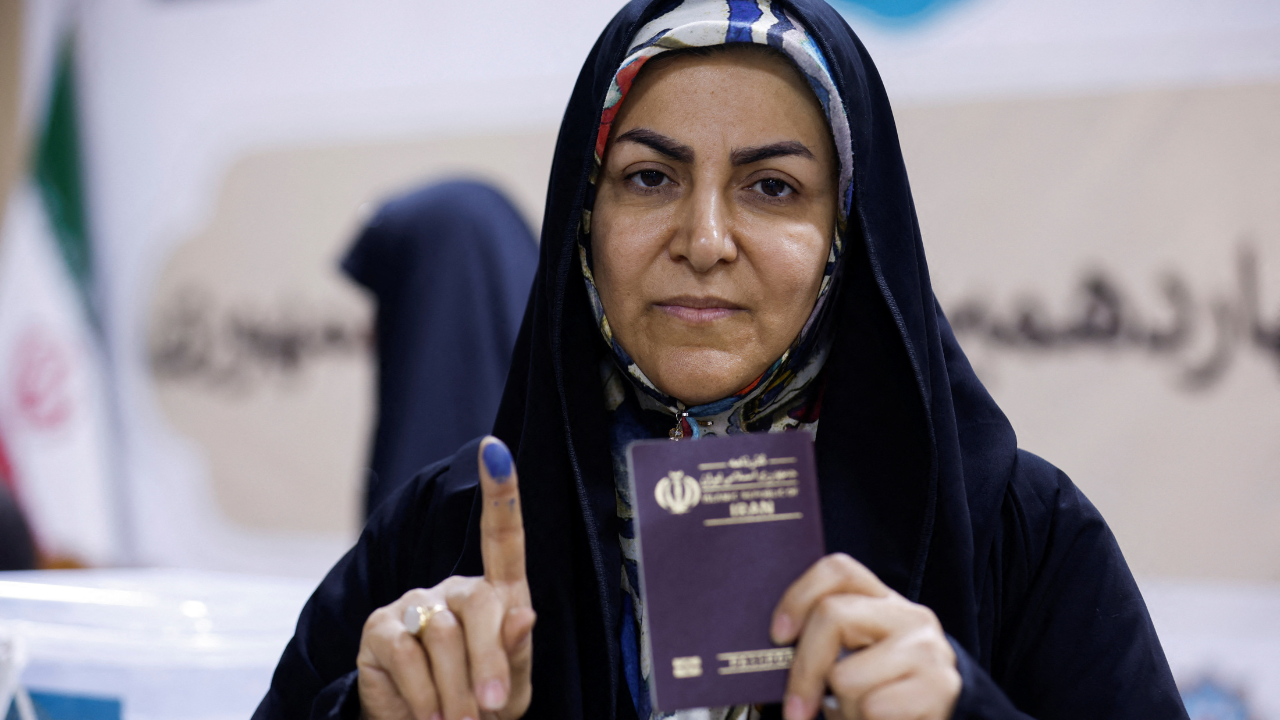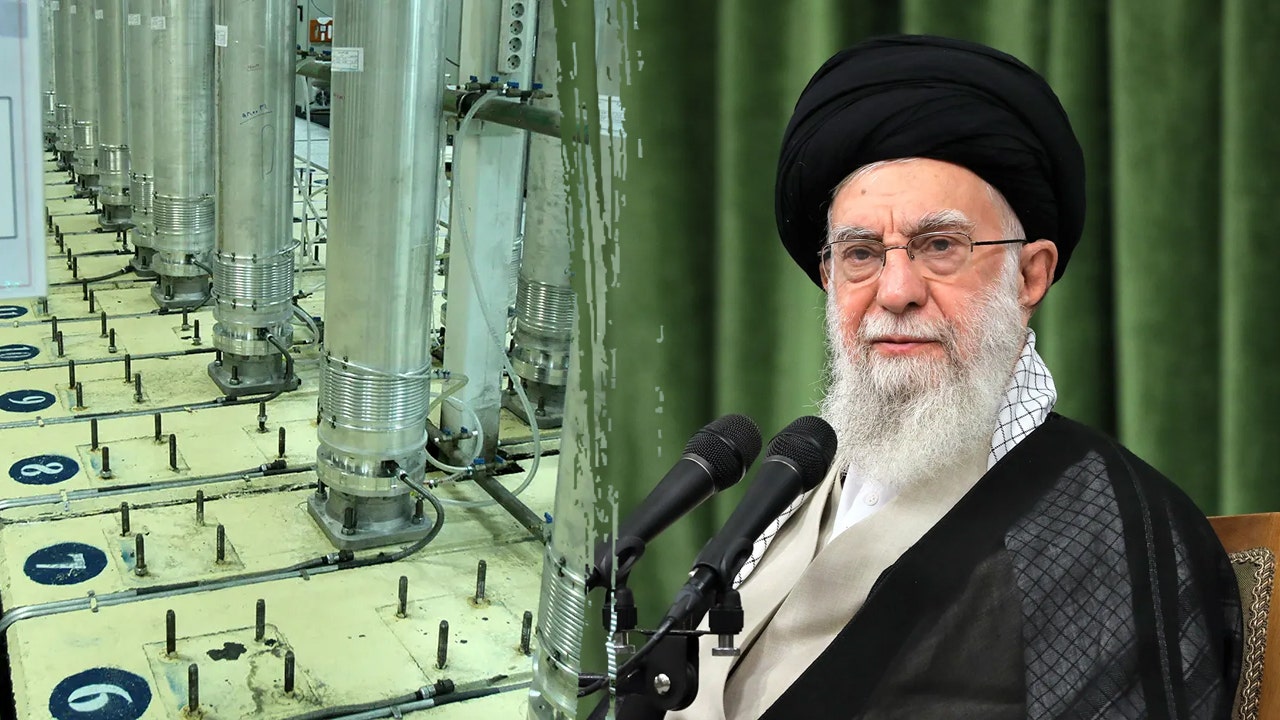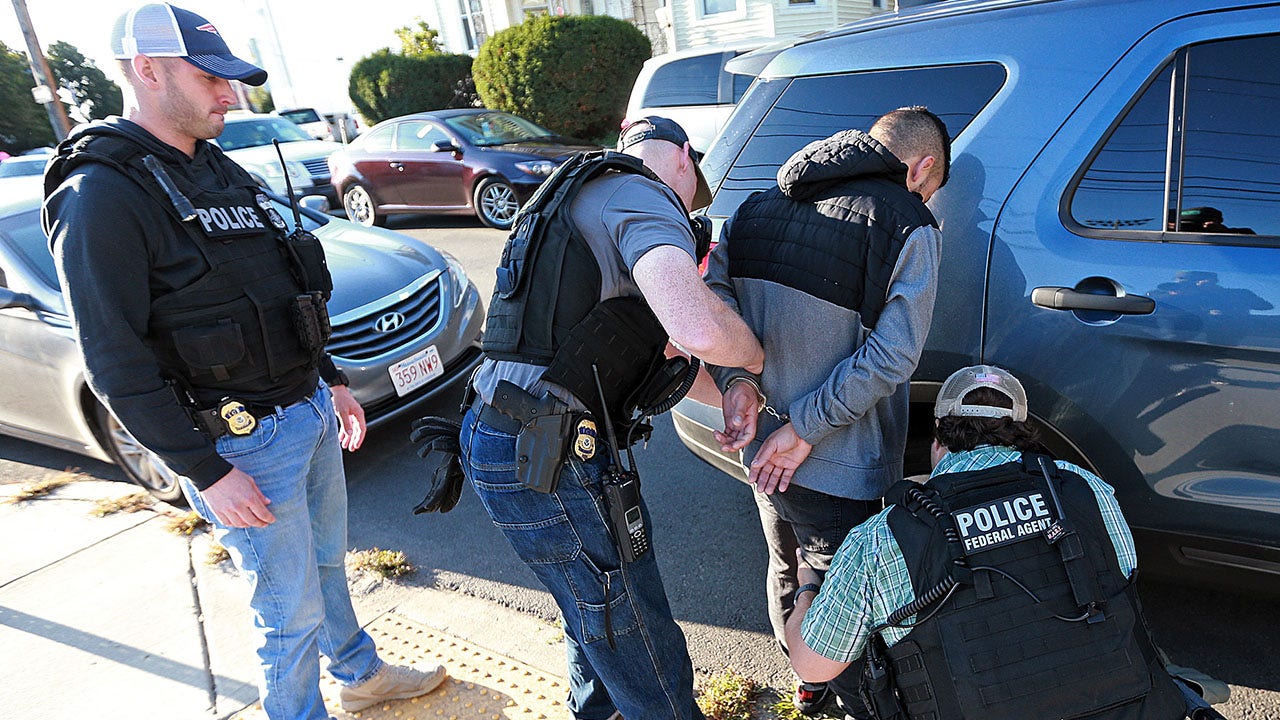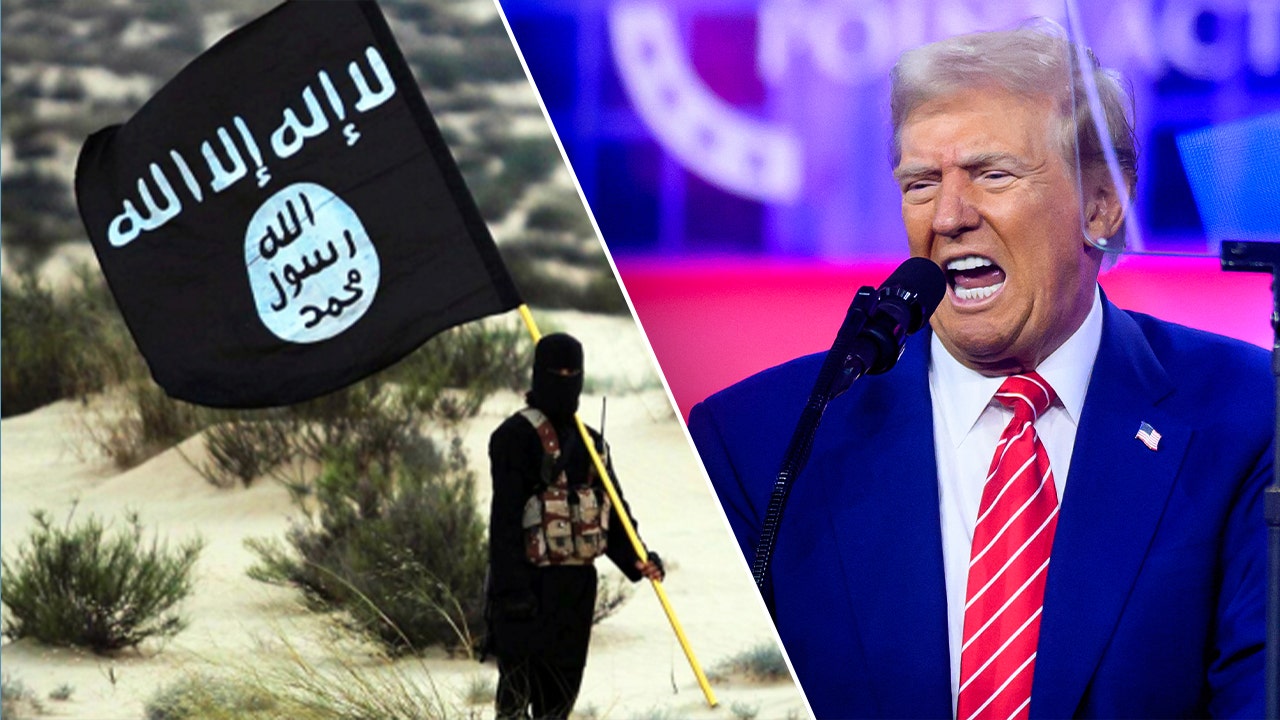- Iranians began voting on Friday for a new president after Ebrahim Raisi’s death in a helicopter crash.
- More than 61 million Iranians were eligible to vote, with polling stations showing queues across several cities.
- Final results are expected after two days, with a potential runoff if no candidate secures a majority.
Iranians started voting on Friday for a new president following the death of Ebrahim Raisi in a helicopter crash, choosing from a tightly controlled group of four candidates loyal to the supreme leader at a time of growing public frustration.
State television showed queues inside polling stations in several cities. More than 61 million Iranians are eligible to vote. Polls were due to close at 6 p.m., but are usually extended as late as midnight.
The election coincides with escalating regional tension due to war between Israel and Iranian allies Hamas in Gaza and Hezbollah in Lebanon, as well as increased Western pressure on Iran over its fast-advancing nuclear program.
While the election is unlikely to bring a major shift in the Islamic Republic’s policies, its outcome could influence the succession to Ayatollah Ali Khamenei, Iran’s 85-year-old supreme leader, in power since 1989.
A woman shows her inked finger after voting in a snap presidential election to choose a successor to Ebrahim Raisi following his death in a helicopter crash at the Iranian consulate in Najaf, Iraq, on June 28, 2024. (REUTERS/Alaa al-Marjani)
Khamenei called for a high turnout to offset a legitimacy crisis fueled by public discontent over economic hardship and curbs on political and social freedom.
“The durability, strength, dignity and reputation of the Islamic Republic depend on the presence of people,” Khamenei told state television after casting his vote. “High turnout is a definite necessity.”
Voter turnout has plunged over the past four years, as a mostly youthful population chafes at political and social curbs.
‘BUTCHER OF TEHRAN’ DEAD BUT RAISI’S LEGACY CONTINUES AS IRAN APPOINTS ACTING PRESIDENT
Manual counting of ballots means it is expected to be two days before the final result is announced, though initial figures may come out around midday on Saturday.
If no candidate wins at least 50% plus one vote from all ballots cast, including blank votes, a run-off round between the top two candidates is held on the first Friday after the election result is declared.
Three candidates are hardliners and one is a low-profile comparative moderate, backed by the reformist faction that has largely been sidelined in Iran in recent years.
Critics of Iran’s clerical rule say the low and declining turnout of recent elections shows the system’s legitimacy has eroded. Just 48% of voters participated in the 2021 election that brought Raisi to power, and turnout hit a record low of 41% in a parliamentary election three months ago.
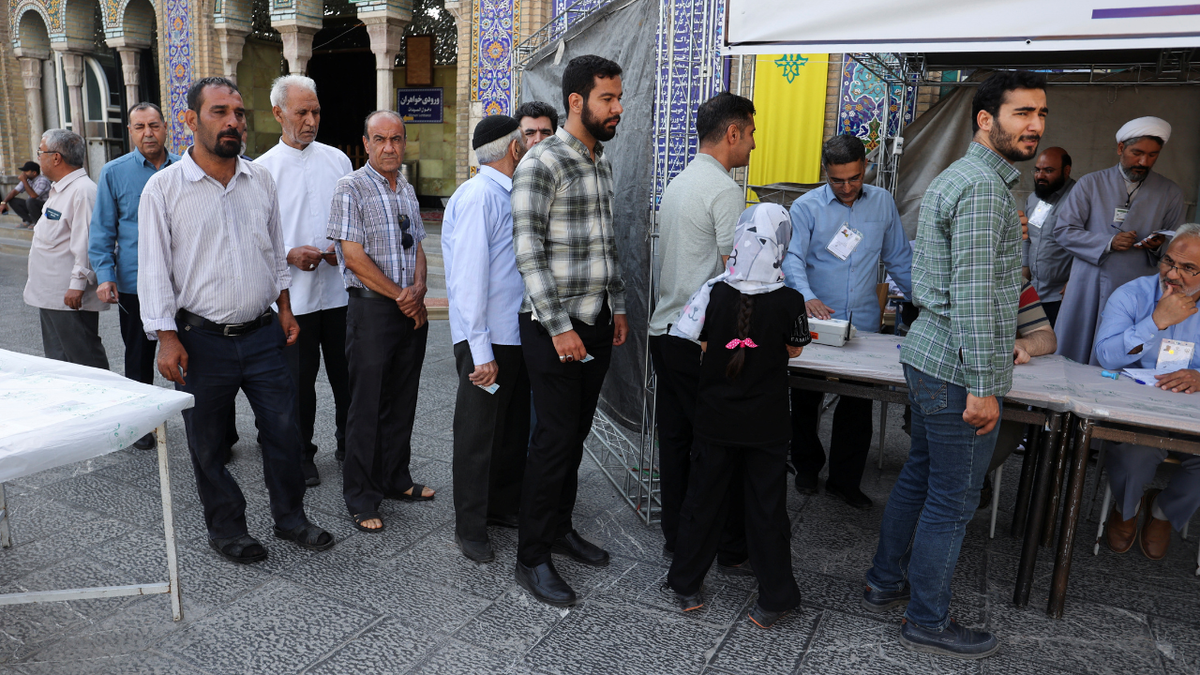
Iranian people stand in a queue as they wait to vote at a polling station in a snap presidential election in Tehran, Iran, on June 28, 2024. (Majid Asgaripour/WANA (West Asia News Agency) via REUTERS)
The next president is not expected to usher in any major policy shift on Iran’s nuclear program or support for militia groups across the Middle East, since Khamenei calls all the shots on top state matters.
However, the president runs the government day-to-day and can influence the tone of Iran’s foreign and domestic policy.
DIVIDED VOTERS
A hardline watchdog body made up of six clerics and six jurists aligned with Khamenei vets candidates. It approved just six from an initial pool of 80. Two hardline candidates subsequently dropped out.
Prominent among the remaining hardliners are Mohammad Baqer Qalibaf, parliament speaker and former commander of the powerful Revolutionary Guards, and Saeed Jalili, a former nuclear negotiator who served for four years in Khamenei’s office.
All four candidates have vowed to revive the flagging economy, beset by mismanagement, state corruption and sanctions re-imposed since 2018, after the United States ditched Tehran’s 2015 nuclear pact with six world powers.
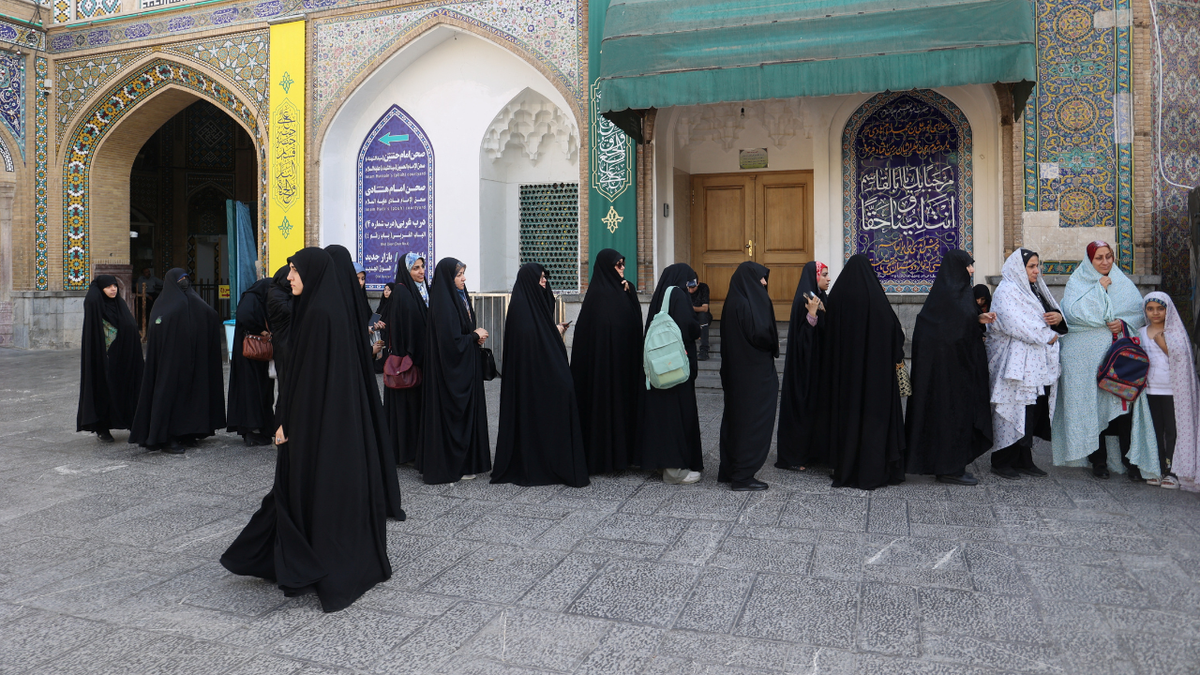
Iranian people stand in a queue as they wait to vote at a polling station in Tehran, Iran, on June 28, 2024. (Majid Asgaripour/WANA (West Asia News Agency) via REUTERS)
“I think Jalili is the only candidate who raised the issue of justice, fighting corruption and giving value to the poor … Most importantly he does not link Iran’s foreign policy to the nuclear deal,” said Farzan Sadjadi, a 45-year-old artist in the city of Karaj.
CLICK HERE TO GET THE FOX NEWS APP
The sole comparative moderate, Massoud Pezeshkian, is faithful to Iran’s theocratic rule but advocates detente with the West, economic reform, social liberalization and political pluralism.
His chances hinge on reviving the enthusiasm of reform-minded voters who have largely stayed away from the polls for the last four years after previous pragmatist presidents brought little change. He could also benefit from his rivals’ failure to consolidate the hardline vote.
“I feel Pezeshkian represents both traditional and liberal thoughts,” said architect Pirouz, 45, who had decided “to boycott the vote until he learned more about Pezeshkian’s plans”.
In the past few weeks, Iranians have made wide use of the hashtag #ElectionCircus on X, with some activists at home and abroad calling for an election boycott, saying a high turnout would legitimize the Islamic Republic.


